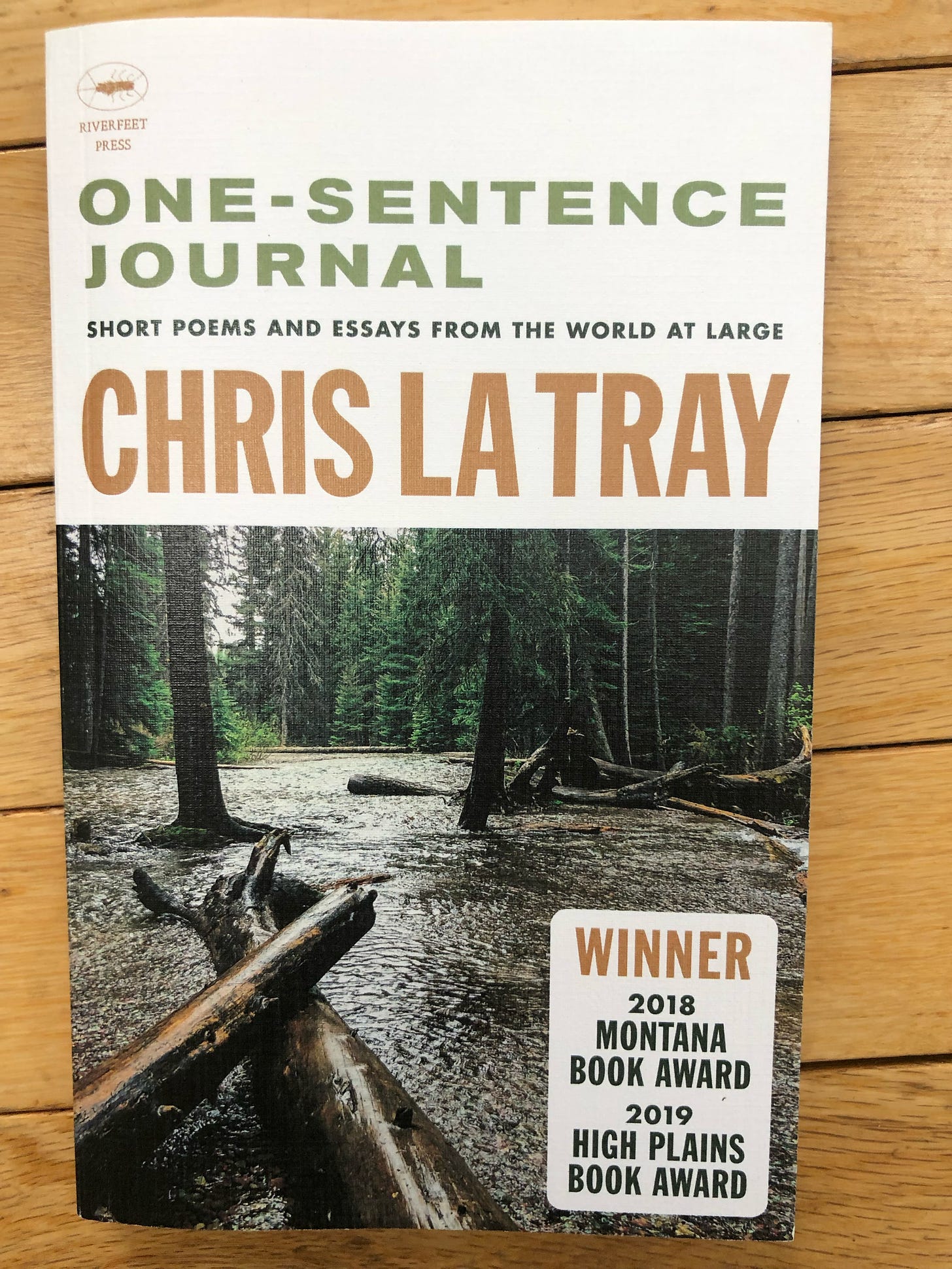On broken things, the magpie’s blue and the cultivation of astonishment
Welcome to the Odes of March, a global movement a weird literary experiment I hatched to invite people to write an ode a day for 15 days. For those of you just joining us (welcome to Truth & Dare!) you can have a look at last month’s post about odes to brush up on your skills and see how I managed to combine John Keats and Chance the Rapper in the same sentence.
Pablo Neruda wrote odes to blue socks, to salt, to an onion, a table and to A Large Tuna in the Market. He wrote more than 200 of these odes, on everyday objects as well as sadness, wine and broken things. He didn’t bother following any of the old school ode rules, (like those from Greek and Roman poets that follow more traditional stanza and rhyme schemes). For our purposes, we’re going to follow Neruda and take some liberties with the form. This means you can go with the style of Jamila Woods’ sizzling prose poem “Ode to Herb Kent, or copy Ross Gay’s even more compressed prose piece, “Tap Tap.” Or you can practice even more compression: My comrade Chris LaTray in Montana writes a daily single sentence that resulted in a book called One-Sentence Journal, and it’s a surprisingly potent distillation of everyday observations. He writes:
2023_1208: Dubious room-brewed coffee improves mightily when there is a sunny porch outside to enjoy it from.
2023_1210: Perhaps too windy for flight, the Chihuahuan raven takes to the ground and struts for his handouts.

Whether you’ve never written an ode before, or have a serious daily writing practice, this invitation is for you. After all, it’s simply a chance to notice something in your field of vision, appreciate it, and write a little something down. It’s as much like locating a feeling as it is writing anything formal.
I’m writing from a snowy landscape in Utah, where I have dropped in (umbrella, trench coat, valise and a spoonful of sugar) to take care of my brother’s kids for the week (ages 5 and 7). Small children are a big advantage when it comes to trying to cultivate astonishment because for them, there’s plenty of wonder still. We have spent the past few days crossing hip-deep snow drifts to set peanuts along the fence, replicating the Peanut Board I use for animal friends at home in Portland.

Imagine their thrill today when they came home from school to find that animal residents of the neighborhood were taking advantage of the Peanut Fence. Since I have been working during the day while they’re at school, I set up with my laptop at the table, facing the fence. The landscape outside has a kind of tethering effect, so that I don’t sink too far into the screen in front of me, and so that I keep watch over the fence and the wildlife that might come. I note the stillness of snow, and the soft phlump it makes when it slides of the roof. I spot the vivid blue color in the magpie’s wings in flight and the way its black beak buried one peanut in the snow, at the base of the Birch trees.
It’s time for Truth & Dare:
Truth: Free-write a list of people, things, places you want to appreciate or pay particular attention to, (don’t forget Neruda’s sadness, his praise of broken things – anything goes). Then each day for the next 15 days, write an ode praising one of the items from your list. Consider committing to 15 Minutes for 15 Days, if that symmetry serves you. (It’s a good strategy for sitting down in the first place – low bar and all).
Dare: Deliver one of your odes to the world, in whatever form you like, (on paper to a person you’ve written about, under a stone at a park, pinned to a tree in the neighborhood, sung out the open window of your car, recorded and sent via text). Oh world, it’s going to be good.
Double Dare: Share one of your odes in the comments and let us know how you fared.
I will be teaching my Art of the Letter workshop, in April (two Monday evenings, the 1st and the 29th, 6-8 pm, PT, via zoom). Renew your postal practice and sign up to write letters during the national letter-writing month. Sliding scale, $80-120. [This is a benefit for Palestine Children’s Relief Fund]. Email laura@ideacog.net if you have questions or to reserve your spot, (no one turned away for lack of funds).